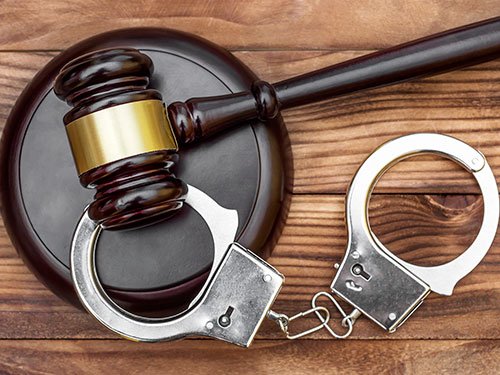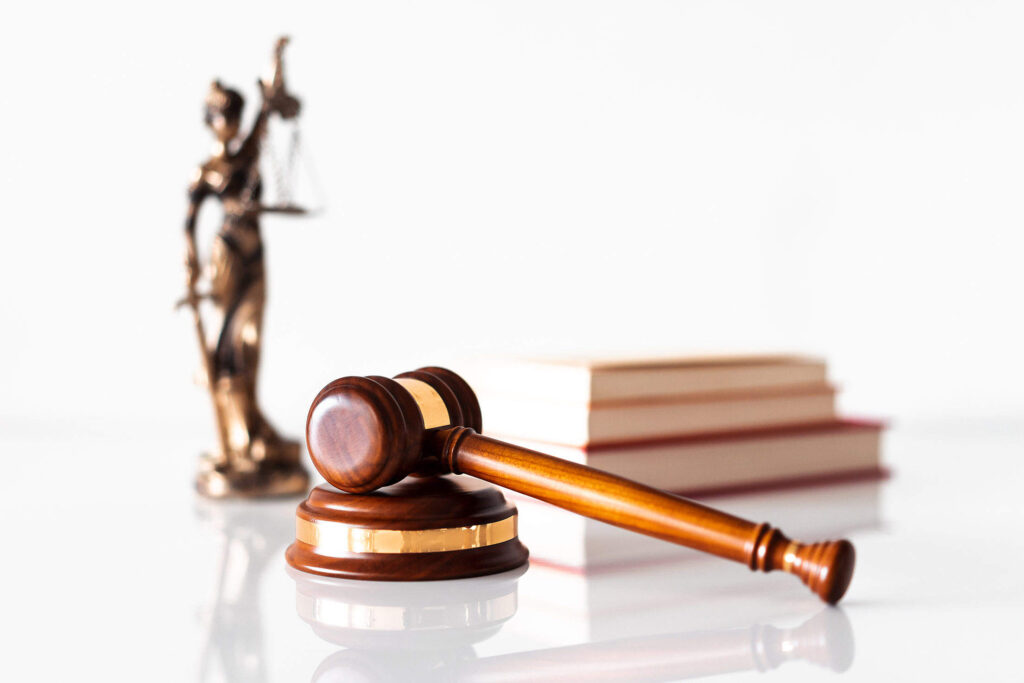Canada’s criminal justice system prides itself on upholding fairness, justice, and the protection of individual rights. The rights of those accused of crimes serve as a critical foundation, guaranteeing that every person facing charges is treated justly and given due process. In this article, we’ll delve into the essential rights of the accused in Canadian criminal law and discuss their significance and role in maintaining justice.
Table of Contents
1. Presumption of Innocence
At the core of Canada’s criminal law is the belief in the presumption of innocence. This fundamental concept asserts that any individual charged with a crime is deemed innocent until they are proven guilty beyond a reasonable doubt in a court of law. This presumption places the responsibility of proof onto the prosecution, highlighting the importance of strong evidence and safeguarding against the wrongful conviction of innocent individuals.
2. Right to Legal Representation
A vital right for those accused is their right to legal representation. Anyone charged with a crime in Canada has the right to seek advice from and be defended by a lawyer. Legal firms like Zamani Law help individuals navigate the intricate legal system, comprehend their rights, and build a robust defense. Legal representation ensures that accused individuals can adequately challenge any evidence against them, guaranteeing a fair trial.
3. Right to Remain Silent
The principle of remaining silent shields individuals against self-incrimination. Those accused have the right to stay silent—they can’t be forced to give testimony against themselves. This protection ensures that individuals can’t be coerced into making damaging statements that could later be used against them during trial proceedings; it also allows them time to consult with their lawyer before speaking with law enforcement officers.
4. Protection Against Unreasonable Search and Seizure
The Canadian Charter of Rights and Freedoms shields individuals from baseless search and seizure activities. This means that law enforcement agents must possess reasonable grounds backed by a search warrant to probe someone’s property—even if it’s their home or vehicle. Safeguarding citizens from arbitrary searches upholds individual privacy and stops the introduction of unlawfully obtained evidence in court.
5. Protection Against Double Jeopardy
In Canada, laws exist to shield individuals from being prosecuted twice for the same crime, known as double jeopardy. Once someone has either been cleared or found guilty of an offense, they can’t be tried again for that same crime. This protection stops the government from putting people through multiple trials for the same alleged wrongdoing, guaranteeing a sense of closure and legal assurance.
6. Right to a Timely Trial
Having the right to a speedy trial is essential in achieving justice. Those accused of a crime have the right to see their case heard within a reasonable time frame. Any hold-ups in the legal process could affect the fairness of the trial and negatively impact the accused person’s liberty, life, and reputation. Prompt trials help keep public trust in the justice system and uphold accused individuals’ rights.
7. Right to Full Disclosure
The right to full disclosure demands that all pertinent evidence about a case is made available to both prosecution and defense by the opposing party. This includes evidence that supports both sides’ arguments. Full disclosure encourages transparency, allowing the defense to put together a strong case and contest the prosecution’s evidence. It eliminates any unexpected surprises during trial proceedings and upholds the principle of a just and transparent legal process.
8. Right to a Fair and Impartial Trial
At its core, Canada’s legal system revolves around ensuring everyone accused of a crime has access to an impartial and fair trial. These individuals have the right to be evaluated by a neutral, uninfluenced tribunal. This guarantees judges and jurors remain unbiased, free from external interference or any preconceived notions. A fair trial enables questioning of evidence, cross-examination of witnesses, and presentation of defense without facing discrimination or unneeded pressure. This crucial safety measure guarantees the legal process remains fair and balanced, fostering confidence in criminal trial outcomes.
In conclusion, those accused in Canadian criminal law are afforded essential rights that promote justice, fairness, and adherence to the rule of law. These rights protect individuals facing criminal charges from unjust treatment by guaranteeing a fair trial, access to legal representation, and the presumption of innocence. By preserving these vital rights, the Canadian legal system maintains the credibility of its criminal justice process and nurtures public faith while pursuing truth and justice.












